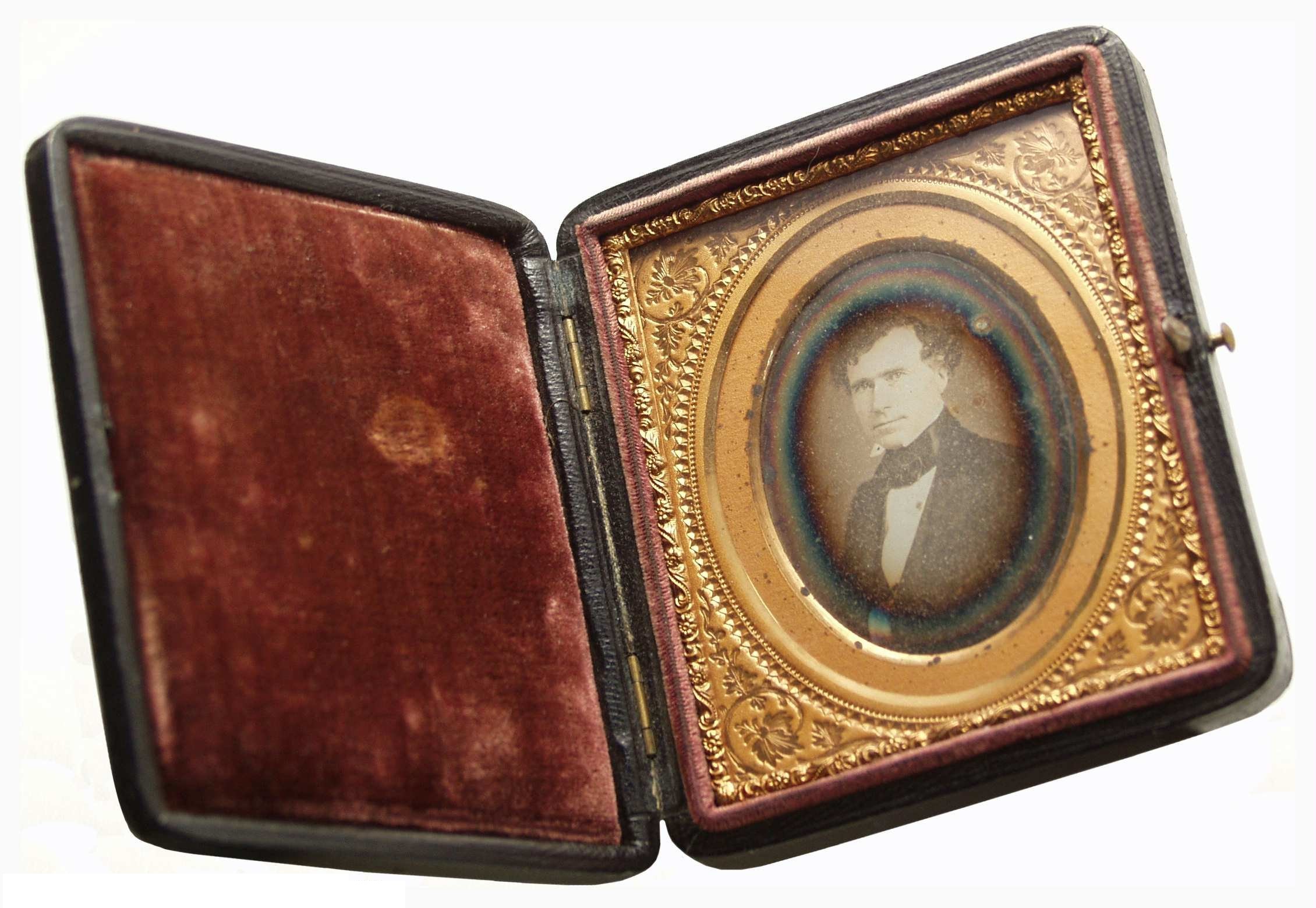
By Jim O’Neal
Millard Fillmore was the last Whig president and also the last to represent the kind of American nationalism that had appeared during the War of 1812. His successor, Franklin Pierce (1853-57), was a northern Democrat who supported the extension of slavery and a nominee selected by his party in order to win both northern and southern votes. He had praised the Compromise of 1850 and promised to prevent slavery from becoming a national issue.
He was swept into office with the greatest electoral landslide since James Monroe.
A politician’s politician, the curly-headed Pierce never lost an election. At his inaugural ceremony, he stood away from the lectern and spoke extemporaneously; it was more of a sermon than an inaugural address. He challenged the nation with the promise of a bright, prosperous future and his listeners cheered as though they had been delivered at last.
He was also a master of knowing how to get along with all people – evidenced by the fact he is the only president in history who served a complete term without making a single change in his Cabinet. But he totally misjudged the temper of the time, since he regarded the abolitionists as a lunatic fringe that should be ignored. And when he signed the Kansas-Nebraska Act and the repeal of the 1820 Missouri Compromise, he unwittingly let loose a storm that made slavery a greater national issue than ever before.
Unable to accomplish much due to a deeply divided Congress, President Pierce still desperately wanted to be nominated for a second term. But just before the Democratic Convention began in Cincinnati on June 2, 1856, reports of bloodshed in Kansas alarmed the country. Armed battles raged between anti- and pro-slavery factions, firing up public anger.
The telegraph wires clicked constantly, with Pierce anxiously reading each dispatch. In the oval room, he read newspapers until his eyes grew too tired and then had his wife read them to him. He followed every detail of the convention, considerably more confident than he should have been. At the convention, Pierce’s supporters abandoned him in favor of Stephen A. Douglas, but the strategy failed and James Buchanan took the prize home to Pennsylvania.
Buchanan was the last of the weak, compromising northern Democratic presidents, more sympathetic to slave owners than to northern abolitionists. When he tried to push through Kansas as a slave state, he infuriated the North and shattered the Southern Democratic Party. As Southern states seceded from the Union, one by one, in the last months of his administration, Buchanan stood by helplessly, unable to take resolute action.
This string of three weak, ineffective men – Fillmore, Pierce and Buchanan – clearly demonstrate the unequivocal effects of poor leadership, as the catastrophic violence of a civil war nearly destroyed our young nation.
 Intelligent Collector blogger JIM O’NEAL is an avid collector and history buff. He is President and CEO of Frito-Lay International [retired] and earlier served as Chairman and CEO of PepsiCo Restaurants International [KFC Pizza Hut and Taco Bell].
Intelligent Collector blogger JIM O’NEAL is an avid collector and history buff. He is President and CEO of Frito-Lay International [retired] and earlier served as Chairman and CEO of PepsiCo Restaurants International [KFC Pizza Hut and Taco Bell].
